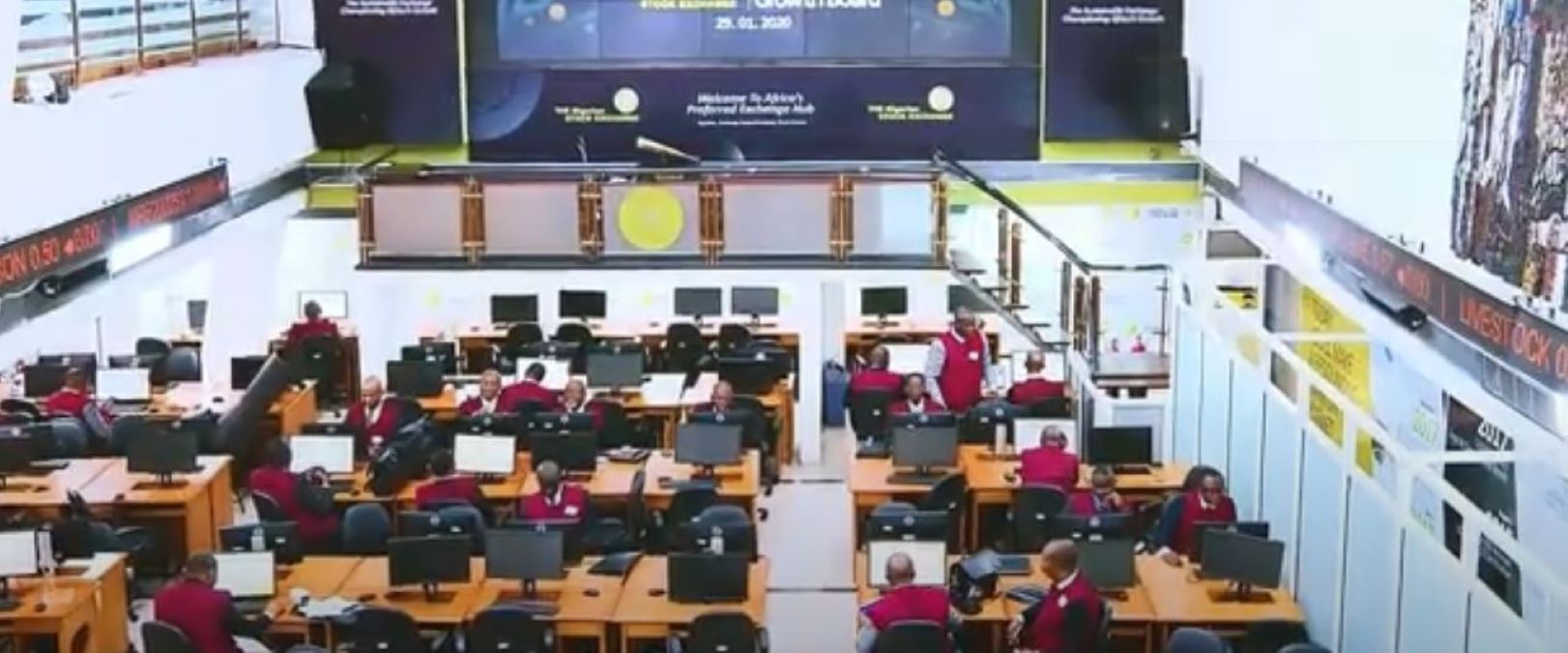The bid for stronger community-based monitoring of COVID-19 has seen the WHO provide support by deploying Auto-Visual Acute Flaccid Paralysis Detection and Reporting system, AVADAR in Nigeria.
Over 670 informants, equipped with the AVADAR system by the WHO will engage in house-to-house COVID-19 surveillance.
The informants will report suspected COVID-19 cases and support contact tracing in 731 wards across 11 high-risk states in Nigeria.
- Over 60% of the population in Africa require COVID-19 vaccine to achieve herd immunity
- One in five persons in Nigeria have had COVID-19
The informants will further deliver reports of their surveillance or contact tracing to the appropriate authorities for a targeted response.
AVADAR informants have detailed guidance on the use of mobile-based data collection to ensure real-time reporting of suspected cases.
Being a crucial way of controlling the spread of COVID-19, the job of the AVADAR informants will ensure early detection and timely reporting of COVID-19.
Their job is also key to increasing actions against the spread of COVID-19 at the community levels.
AVADAR system was deployed as a result of its effectiveness in the detection of suspected cases of Acute Flaccid Paralysis (AFP) for polio surveillance in Nigeria.
Nigeria has confirmed 153,842 cases of COVID-19 and 1,885 deaths as of February 24, 2021. it s also now experiencing a second-wave.




